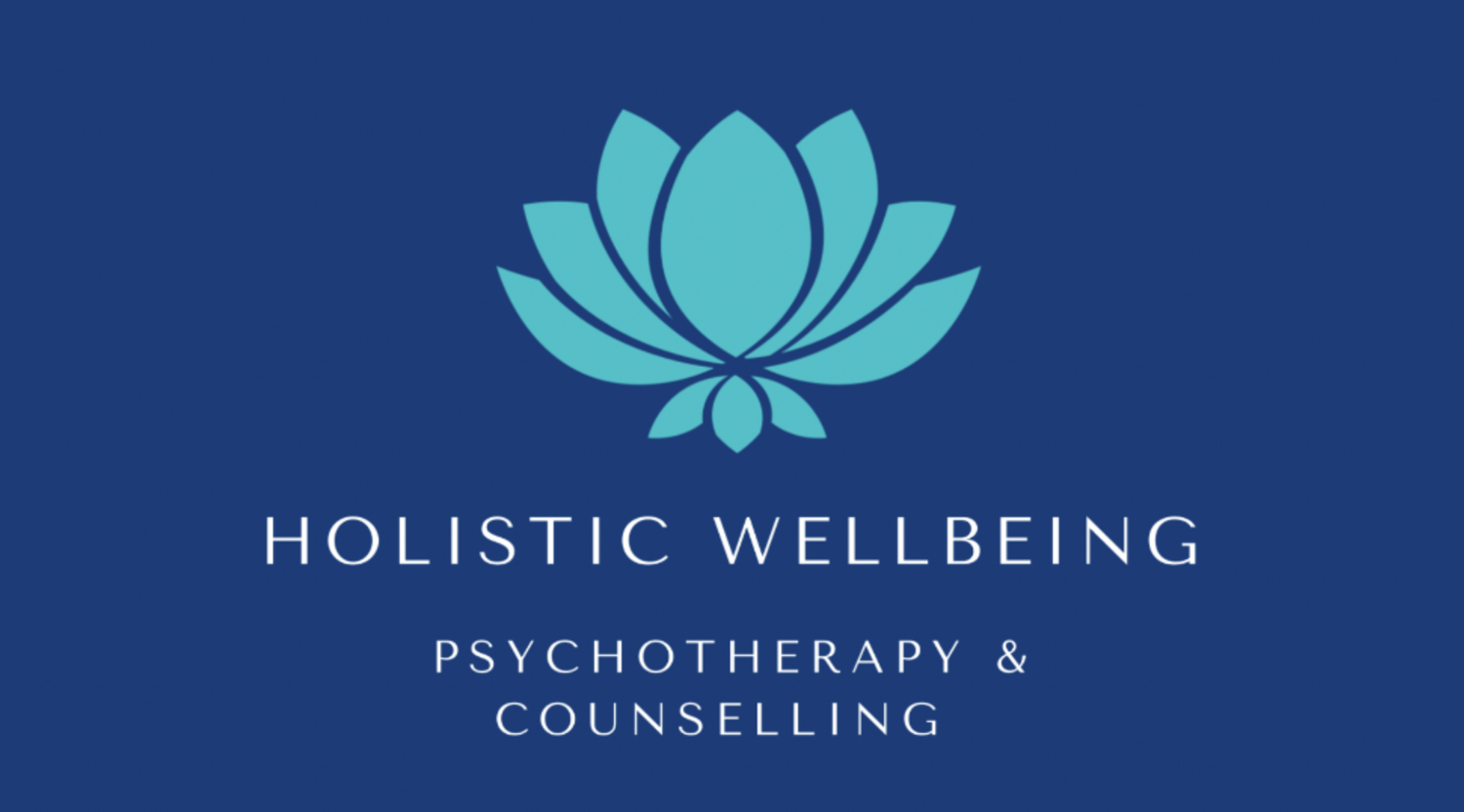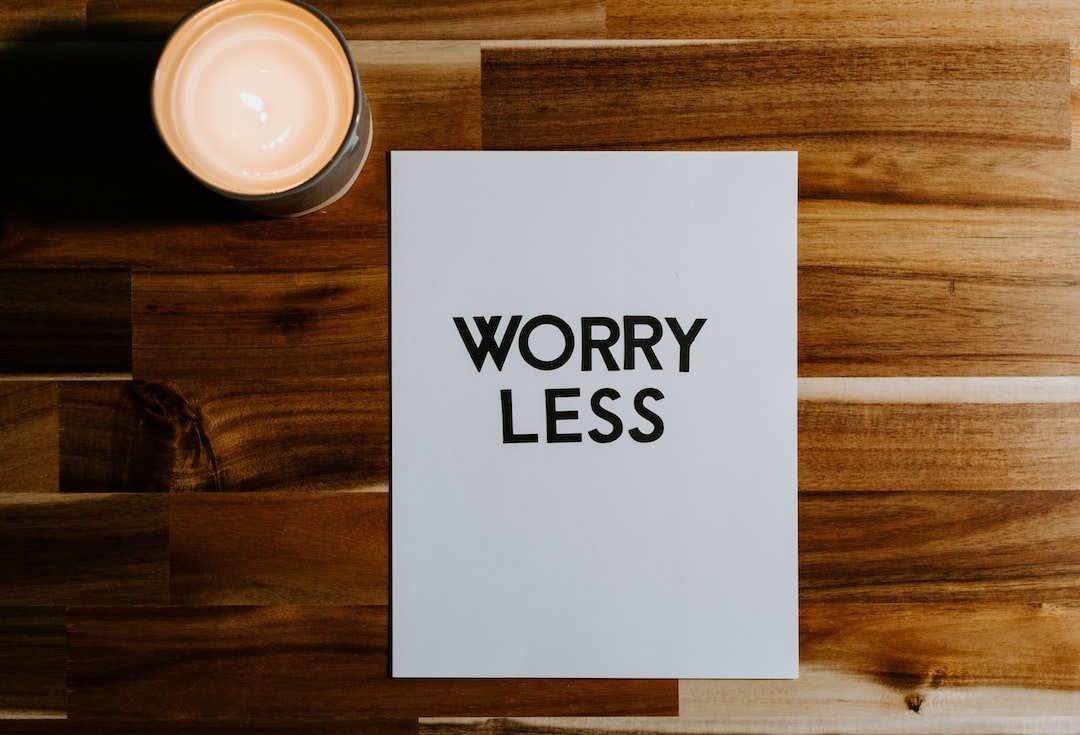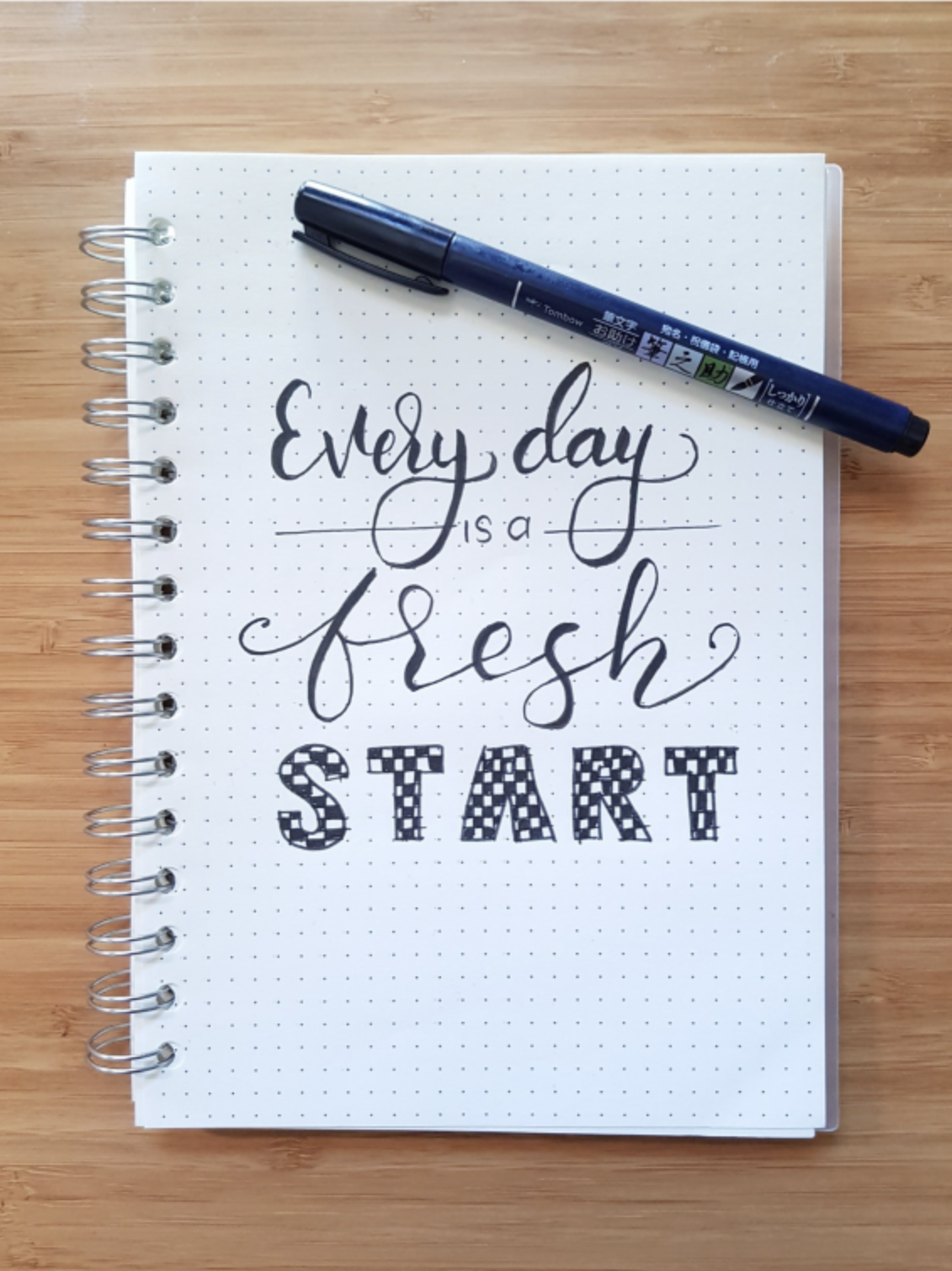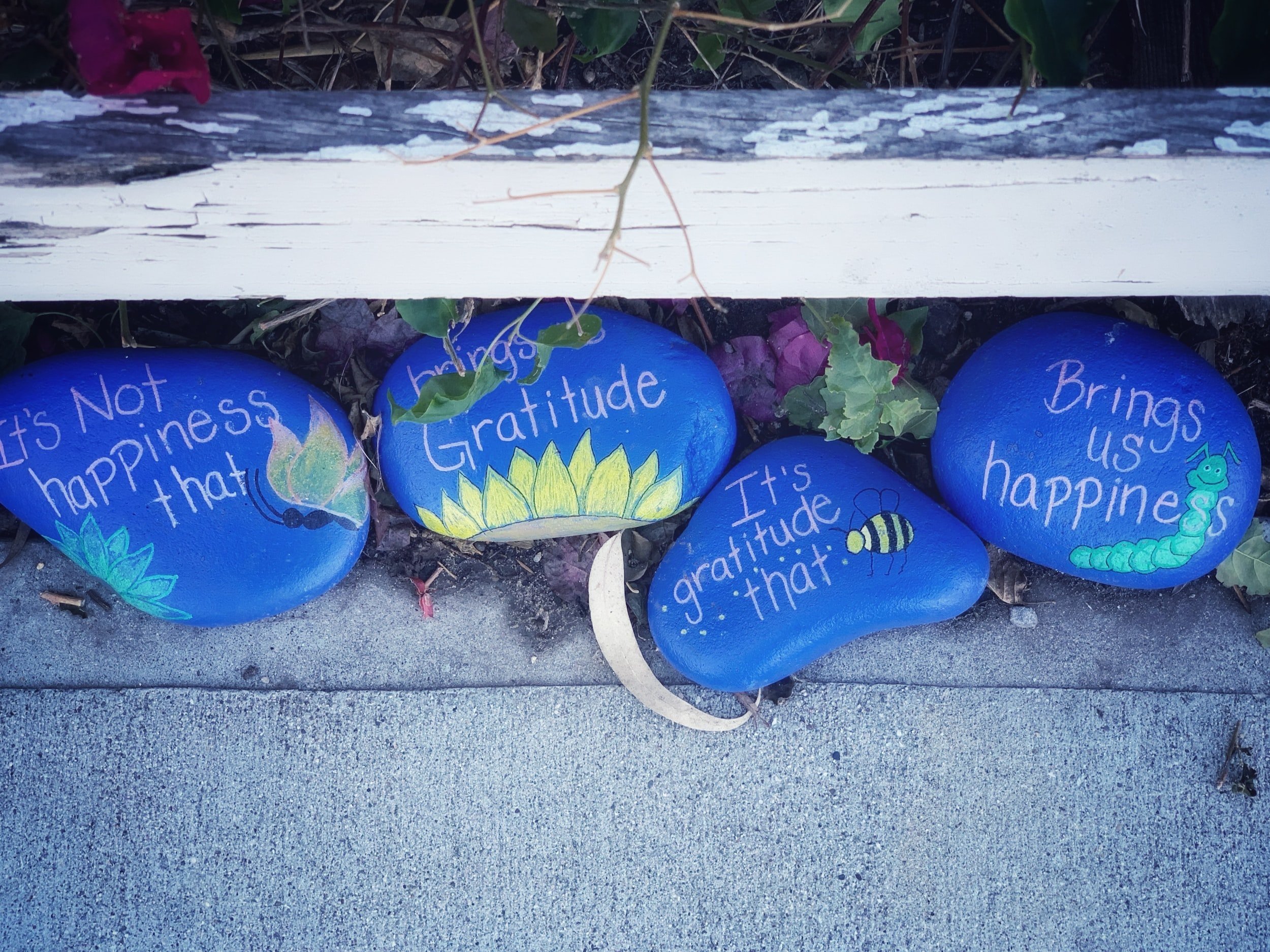
WELL-BEING TOOLKIT BLOG
Hyper-Vigilance to Healing: Taming Repetitive Negative Thoughts for Well-Being
In the hustle and bustle of our modern lives, it's not uncommon to find our minds racing, revisiting past regrets or anxiously projecting into an uncertain future. We've all experienced those repetitive negative thoughts that seem to loop endlessly, like a broken record. But have you ever stopped to wonder why our minds are wired this way and how these thoughts, once a survival mechanism, can now be the basis of much of our suffering? Let's explore this fascinating transformation and discover what we can do to find peace and well-being.
Unlock Better Health: Harnessing Vagal Nerve Stimulation
The vagus nerve assumes a pivotal role in governing the operations of our body, contributing significantly to the regulation of the autonomic nervous system (ANS). This intricate network of nerves reaches out to vital organs such as the heart and gastrointestinal tract, overseeing functions that operate primarily beyond our conscious influence, including respiration, digestion, heart rate, emotional states, and immune responses.
Self Acceptance And Life Success
Learning to love ourselves can bring a lot of benefits to our lives socially, emotionally and materially. In this blog post, we'll explore some of the advantages of self-love, and how it can help us to live a happier and more fulfilling life.
One of the main benefits of self-love is that it can help us to feel more confident and secure in ourselves. When we are able to accept and appreciate ourselves as we are, we are less likely to feel insecure or unsure of ourselves. We are more likely to feel comfortable in our own skin, and to have the confidence to pursue our goals and dreams.
Why do we Resist Self Compassion?
Self compassion is an important part of mental health and well-being, yet many of us including myself have or still struggle to be kind and understanding towards ourselves. In this blog post, we'll explore some of the reasons why we might resist self compassion, and what we can do to overcome these barriers.
How Self Love benefits Others too
Here is a list of 20 ways that learning to love ourselves can directly benefit other people:
1.Improved communication and understanding in relationships.
2.Increased ability to provide emotional support and empathy for others.
3.Greater ability to be a positive role model for others.
4. Improved ability to resolve conflicts in a healthy way.
Dropping Worry using Mindfulness
Learn to worry less! We often worry needlessly. There is an option of learning not to believe the thoughts we have, many are untrue anyway. Many thoughts suggest that we should be worried or concerned about something that nearly never happens.
We can instead turn to what we experiencing in this moment and since that is where life takes place, right now, we can be here intimately for it.
Calming the Nerves using Touch
Putting a hand or both of your hands gently on your chest or heart area heart or giving yourself a self care hug can be beneficial for several reasons. Here’s some benefits and advantages of using physical touch for self soothing
Winter Mood Boosting Exercise
What am I grateful for about myself?
What am I proud of myself for?
What is the best compliment I’ve ever been given?
What are my talents?
What are my biggest dreams? What can I do today to start making one of those dreams happen?
Personal Gratitude List
Thank you for it all, the warmth and shelter, the comfy bed, the loving dog, the son, the sister, the mother, the uncle, the brother, the greater circle of friends and family. The trees and flowers, the allotment garden, the birds, the deer and fish, the river and waterfalls. The grass, the smells and sounds. The food from all over the world, the cups of tea and glasses of orange juice. The freedom to go into nature every day.
Dealing with Anxiety
Then being honest becomes normalised, and fear in particular seems to become deflated by being acknowledged fully. It removes a large amount of its power when the resistance is let go of. It becomes just something that’s ordinary, like “I’ve got a sore foot”. It’s still there but not such a big deal.
Allowing ourselves to be Happier
The most common regret that dying people expressed according to a survey I read is, “I wish I had allowed myself to be happier”.
What struck me was the volitional element. They had come to see at the end of their lives that it was and is a choice.
Easy Showering Mindfulness Exercise
Showering Mindfulness works particularly well as it is such a visceral experience, rich in sensory input which we can use to move ourselves out of our thoughts and into the peace of the present moment.
In the shower we are alone, we are safe and there is nowhere else to go. We are in there for the duration and it is a perfect time to be fully grounded in our bodies.
50 Uplifting Questions
Uplifting questions that foster appreciation and gratitude from ‘Tiny Buddha’.
1. What’s one kind or thoughtful thing someone did for you recently?
2. Who is always there for you, and how do you feel about them?
3. Who has helped you become the person you are today, and what’s the top thing you’d thank them for?
Mental Health Toolkit - Good Facts
Writing a list of ‘good facts’ is a powerful way of reminding ourselves that whatever else is going on, there are a lot of positive things going on in our lives too.
These ‘good facts’ exist whether we are currently feeling low, depressed, anxious or happy and relaxed. Reminding ourselves of these good facts help us to build and maintain resilience through current or future stressful times.
Mental Health Toolkit - Gratitude
Regularly reminding ourselves of what is going right in our lives counteracts our natural tendency to focus on our problems. We tend to focus on what is not right particularly when we are struggling with a low mood, anxiety or depression. It is during these times that we particularly benefit from a focus on what we are thankful for, even if it is a struggle to get going with a gratitude list when we feel like this. do it anyway! While it won’t immediately transform our current mood, if you develop a regular practise you can retrain the mind to focus on what is going well.
Mental Health Toolkit - Stressbusting
Learn to be self-compassionate and talk gently to yourself. Replace judging or criticising yourself by developing a nurturing inner voice and say to yourself during hard times “You’re a good person going through a hard time. You’ll get through this, lets take one moment at a time. It will be okay”.
Mental Health Toolkit - Strengths
An awareness of our strengths, qualities and inner resources can loosen the grip of negative emotions such as anxiety and depression and can help us to build resilience for the future and to make more space for gradually increasing our happiness level.
Here are 5 easy habits to practise that will help to increase your happiness and wellbeing :
Who visits a therapist?
Whatever motivates you to consider counselling or psychotherapy, a majority of people feel better speaking to someone professional who is trained to listen deeply to you with empathy and unconditional positive regard.
A good therapist doesn’t tell you what to do or how to live your life. He or she will give you an experienced outside perspective and help you gain insight into yourself so that you can make better choices.


















